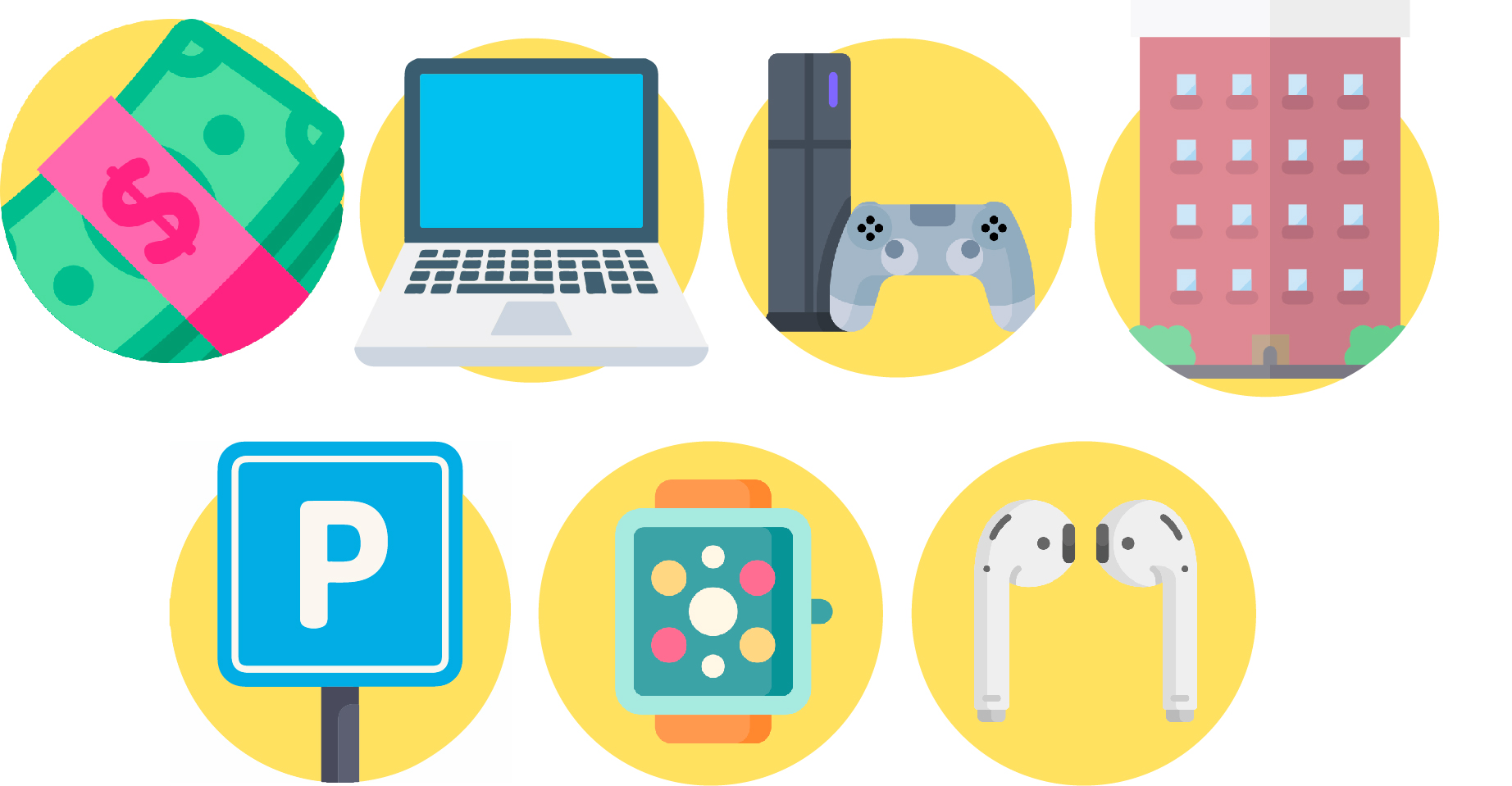
In light of the FDA’s approval of Pfizer’s COVID-19 vaccine, Ferris State University is randomly selecting names of vaccinated students for cash, daily and weekly prize drawings.
#VaxUp and cash in is meant to reward students who took the initiative of getting vaccinated and encourage those who are still hesitant.
“COVID vaccine hesitancy is a real thing. I try hard to listen to [people’s] concerns without judgment, to understand their fear, and to show care for their well-being,” Dean of Student Life Joy Pulsifer said.
According to Pulsifer, every person who has confirmed their full vaccination status in MyFSU’s Healthy Dog Portal is automatically entered to win. Students have a chance to receive $1,000 cash, free room and board for the spring semester, a faculty/staff parking pass, various tech prizes such as a MacBook or PlayStation 5, and more.
The term ‘fully vaccinated’ implies that at least two weeks have passed since the final dose was administered. This would refer to the second round of a Pfizer or Moderna vaccine, or the initial Johnson and Johnson vaccine.
Because this incentive is running from Aug. 24 to Oct. 1, unvaccinated students still have the chance to enter the drawing by receiving the Johnson and Johnson vaccine before Sept 17.
“People who are on the fence about the vaccine have different concerns,” Pulsifer said. “Sometimes it can be helpful to share the history of how the vaccine was addressed, to address myths, or to refer them to one of the clinicians in Birkam to address their personal medical concerns.”
Lauren Corwin, a junior in the nursing program and #VaxUp prize recipient, was recently awarded $1,000. She wishes to use her expertise as a nurse technician to clear up a common misunderstanding regarding the COVID vaccine’s historically efficient rollout.
“Coronavirus is actually an umbrella statement, just like influenza is. There are many different types of coronaviruses, some of which are super common. And this hasn’t been the first time people have gotten fatally sick from a coronavirus,” Corwin said. “SARS-CoV of 2002 and MERS-CoV of 2012 are also types of COVID. The vaccine research has been around since then. That’s over a decade of research. It also only makes sense that the time to develop a vaccine decreases as we have more access to better technology.”
Corwin is currently on track to receive her bachelor’s of science in nursing while working in an intensive care unit in Nashville, Tenn. While forging her career as a medical professional during this century’s most fatal disease pandemic, Corwin must learn to cope with great tragedy.
“I’ve really struggled with seeing so much death so early in my nursing career. I’ve found that the best way to cope is to realize that I tried my best, my coworkers tried their best, and that we are unable to save everyone, regardless of how hard we try,” Corwin said.
The Associated Press reports that the United States is seeing more than 100,000 new cases of COVID-19 per day, while the New York Times reports a daily death toll of over 1,400. As of Aug. 24, the CDC estimates that unvaccinated people are 29 times more likely to be hospitalized than those who are vaccinated.
Corwin believes that it is often defiance, not science, that encourages people to remain unvaccinated.
“…it’s called psychological reactance. Therefore, when the government, hospitals, school systems, etc., are requesting the general public to get vaccinated or wear a mask, they are hesitant or reluctant,” Corwin said. “In these cases, we really need to take a step back and think about why we are hesitant. Is it because I have real concerns and fears of the consequences? Or is it because someone told me what to do? If it’s based on concerns and fears, talk to a healthcare professional rather than your friends or the internet.”
Social work major and Michigan Army National Guard member Ashton Dickinson was also rewarded with $1,000. When he first received the prizewinning phone call, Dickinson could hardly believe what was happening.
“First, I was like, ‘is this a scam or something?’ But looking into it, seeing that it was officially through Ferris and whatnot, I was a little bit flabbergasted,”
Dickinson signed up for the vaccine as soon as it was made available for the military. After seeing both his wife and mother catch COVID-19 in the previous months, he felt a personal responsibility to contribute to herd immunity.
“I want to do what’s right for me, for my kids, for my family,” Dickinson said.
Getting vaccinated was a “no brainer” to Dickinson. Because of his position in the National Guard, he heavily considered the health and wellbeing of those outside of his immediate circle.
“When you got 50 bodies all in one gymnasium, I mean, it’s all too easy [to spread COVID.] Not only that, but if we get activated for something like a flood or a civil unrest issue, that person’s not just spreading it to their unit, but to potentially every person they interact with, whether they’re there to help or not. Ultimately, it’d be doing more harm,”
Dickinson emphasized how simple and easy it is to help an “exponential” amount of people by getting vaccinated. Still, he understands that what others do is not within his control.
“I can’t control fairness, I can’t control the world, but one thing that I can control is myself. I know that me and my wife are both doing what we need to… [this is] the example we’ve set for our kids…And so long as other people can do that, so long as every individual island, as it is, is following the rules. Slowly, those islands kind of come together and merge into a bigger body of people that I can trust,” Dickinson said.
Students, faculty, staff and their household members aged 16 and up can contact Birkam Health Center or visit www.vaccines.gov to schedule a free vaccine appointment.
